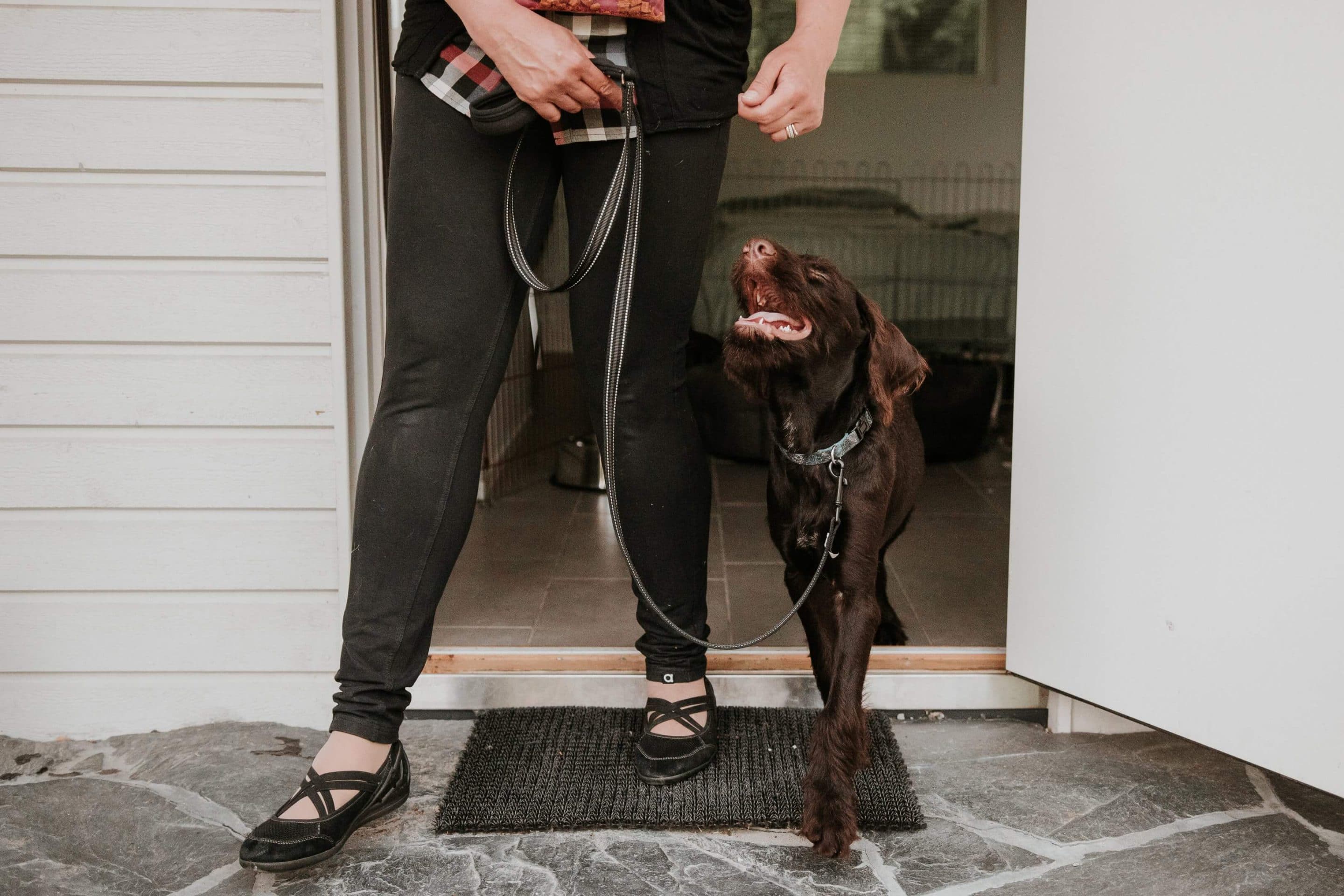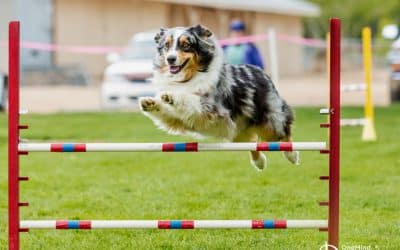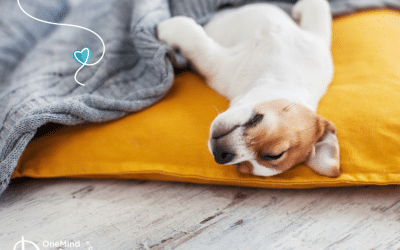There’s no denying it — dogs have been the highlight of our work-from-home days (who isn’t excited when a dog makes an appearance on a Zoom call?). They’ve been our source of emotional comfort and helped us keep a sense of routine and normalcy.
But just as our daily lives have changed over the last year, our dog’s lives have adapted to the ‘new normal’ too. And if you’ve spent more time in self-isolation or quarantine than not, your dog might need a little bit of an adjustment period before restrictions ease. Not only for issues like separation anxiety, but also socialisation to things they may have been comfortable with in the past.
Dogs easily adapt to their environment, and build habits and behaviours that make sense for them at the time. And even if they were socialised properly before lockdown, most dogs will need to have new socialisation and training experiences to help them handle another change in their lives.
Socialisation during and after lockdown
What is socialisation?
While some hear the word socialisation and think doggy play dates, socialising a dog is much more complex and involved than that!
Socialisation is the process in which a dog becomes accustomed to new sights, smells, surfaces, sounds and of course, people and other dogs.
Isn’t socialisation just for puppies?
It is true that the critical socialisation period for dogs is between 3 and 16 weeks old — however, if you have an older puppy or dog (a rescue, for example), careful socialisation is just as important as it is for puppies.
Socialising an older dog
Socialising helps a dog live a happy, relaxed and confident life. It helps them take on new challenges, learn new skills and trust the world around them. Without it, dogs can become reserved, fearful and even aggressive.
So it goes without saying that no matter what age your dog is at, regular socialisation throughout their lives is super important.
So how do you socialise an older dog — particularly one who may have adapted to the new normal in lockdown? Here are a couple of tips:
- Start with what they’re already comfortable with
- Be patient and don’t rush things
- Stay positive and calm
- Reward, reward, reward!
And in terms of situations you could use to socialise your dog, they could include:
- Getting used to meeting new people again, likely from a distance and with face coverings (this can sometimes be difficult for dogs, as they read facial expressions to communicate)
- Hearing sounds they might not have heard in a while (e.g. public transport or loud environments)
- Interacting with other dogs
- Staying focused and calm around other dogs and people
Training
Many dog owners have cited behavioural differences appear in their dogs in 2020, with over half of UK dog owners being worried about separation anxiety when they return to work in the office. In the same study, only 43.4% of owners have begun to reintroduce their dog to a more ‘normal’ routine.
Training your dog to be calm while they’re alone is key in reducing the likelihood of them developing separation anxiety and therefore destructive behaviours. A few helpful things to do are:
- Set clear and consistent boundaries — even if you are still working from home, you can work from another room and go through the same routine as you would if you were leaving the house.
- Desensitisation — you can desensitise the dog from actions such as picking up your work bag, grabbing your keys and leaving the house. Start with short intervals outside the house, and work your way up to longer periods.
- Activities — it’s important to give your dog plenty of physical and mental stimulation throughout the day — like long walks, obedience training, and puzzle games. You can even have your dog work for their daily meals through training — it’s a great way to help strengthen your bond and give them a challenge.
Another fantastic way to train your dog’s body and mind at the same time is through learning a totally new skill, like dog agility. You might be thinking: “How would I get my dog to agility practice if we’re in lockdown?”, but the good news is — you don’t have to!
OneMind Dogs Foundation for Agility is a fun and simple beginner training programme that teaches you and your dog how to work together as a team, while building skills that you’ll use in everyday life! There’s no need for specialised equipment, and most of the exercises can be done in the home or garden. It’s the perfect way to break the boredom at home and build an incredible bond with your dog.
We’ve got a 7-day free trial available below — give it a try!



